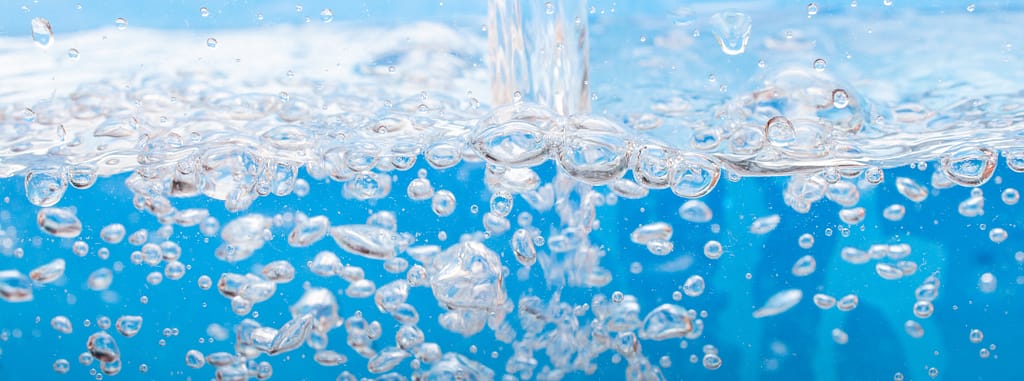Every day that humans live on planet Earth, we are required to interact and deal with water at some point in the day but did you know that 1 in 10 people lack access to clean water.? For women, the statistics and facts are even worse.
In many developing countries, women and girls are charged with the responsibility of finding and collecting water for their families; walking long miles, carrying heavy litres and sometimes having to pay for this crucial resource which may or may not be clean. By doing so, time and physical energy are spent; time that could be spent studying or attending to a business venture. It has been estimated that 125 million hours are spent by children and women to fetch water. The issue of patriarchy having sometimes having adverse effects comes into play when we holistically consider this trends as why society places roles such as water collection for the women.
Sanitation is often an unspoken part of women’s daily lives as society and biology requires that a woman looks and feels clean in and outside of her body. This is called the Dignity of a woman- that her surrounding, clothes, hair be clean at all times regardless of where she gets her water from.
“But is the measure of a woman’s life only that she stood in line and collected water for hours everyday just to bring water to her family…and that was all she did her whole life?”
One of the core features of development is access to clean and safe water, the World Economic Forum in 2015, announced that water crisis is the #1 global risk based on impact to society. In some of African cultures, education for the girl-child is slowed down when she attains puberty, when schools do not have safe toilets for students; girls are usually the most impacted especially during their menstrual periods. There have also been cases where teenage girls have been raped in African communities because they went in search of water.
The stress of carrying water (with sometimes a baby on the back) on the heads of women have been linked to many physiological health challenges, the plot also thickens when we consider that one third of our health care facilities lack access to clean water. Diseases such as Cholera, Dengue Fever and Malaria which are linked to water have killed so many people especially children, worthy of note is that every 90 seconds, a child dies from a water–related diseases.
I believe this is why water has its own Sustainable Development Goal (6) – Clean Water and Sanitation coming after Gender Equality – Goal 5. Women and water will continue to go hand in hand till the end of time but much attention has to be placed to its availability and affordability. We therefore should endeavour to be stewards to water by wasting less of it and doing our little bits to live sustainably to avoid the adverse effects of climate change even in water crisis.

